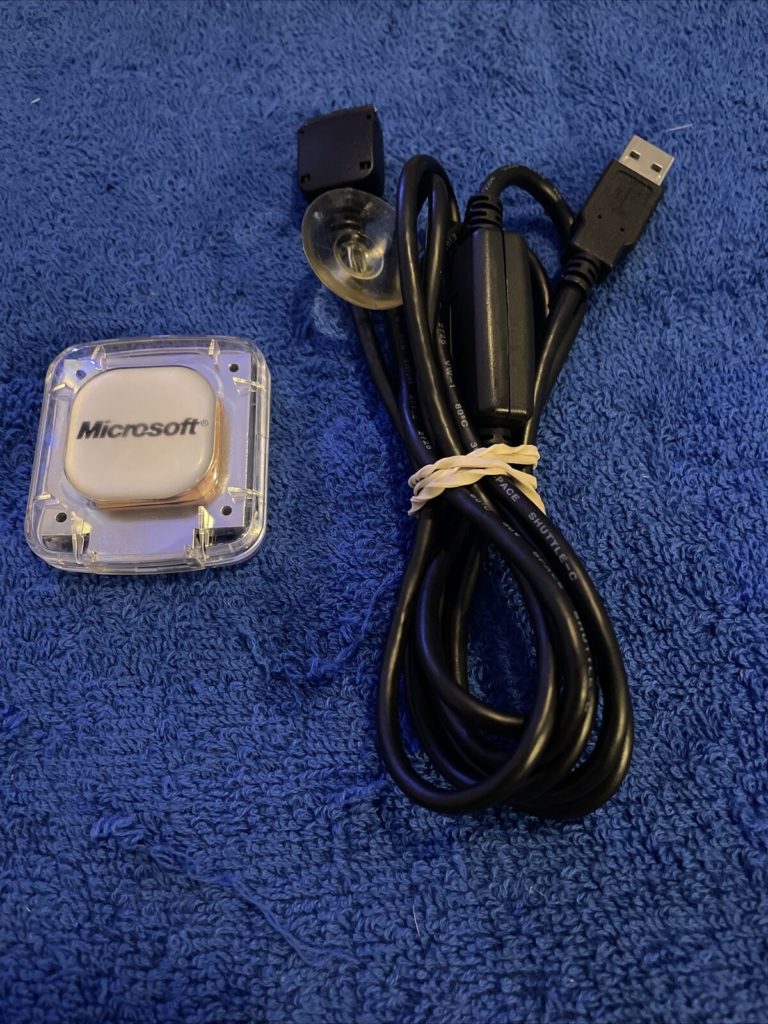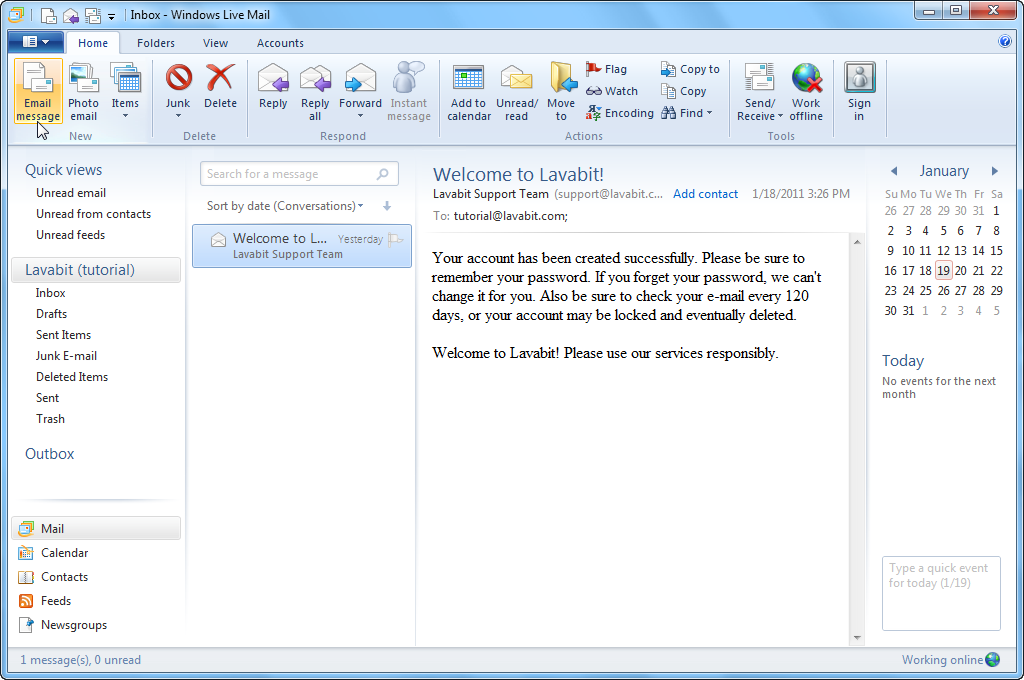Microsoft. Apple. Google. Amazon. These four companies control the conversation in the 21st century. It’s fair to say that they’re not equal, though. It’s easy to say that Apple, Google, and Amazon are at the tip top of the peak, while Microsoft is a tad bit lower these days. Not, perhaps, as low as they once were; the days when it seemed the company could do no right are gone. But if you had to give up one of those in the future, it might end up being the folks who brought you Windows, Xbox, and Office. Why? Because each of those products has a worthy successor already in place.
Kicking them when they’re down
The subject of this week’s “Fun Friday” is a little snarkier than it is fun. It’s to point you first to Gizmodo‘s list of “Microsoft’s Most Embarrassing Product Failures.” From Bob to Zune, it’s a rogues gallery of times when Microsoft jumped when it should have ducked. Each of these must have seemed like good ideas at the time, but none of them ended up changing the world. In some cases, a better option was out there. Zune wasn’t inherently bad, it just wasn’t the iPod. In other cases, Microsoft’s own products were their worst enemy. A string of questionable decisions made both Windows Vista and Windows 8 so intolerable that Windows XP lasted about 20 years in the market.
Still, I feel like there were a few things left off this list. Some are a little obscure, while others might even feel a little too familiar. Here are a few things Gizmodo missed.
Windows Media Player and PlaysForSure

This should have been a slam dunk. Microsoft partnered with Creative and several other companies to make sure that media files made for one would work for all. Not only that, the same files would play on the ubiquitous Windows Media Player. It made sense to me. The problem was that Apple’s iTunes ecosystem was so stylish, so good, and so well promoted that no matter how many competitors signed on to PlaysForSure, it would always be second best. Then, Microsoft decided to kick the whole thing while it was down and have its own Zune player not work with PlaysForSure. By 2008 the whole thing was dead.
Microsoft Streets and Trips with GPS receiver

Here was another idea that just should have worked and didn’t. The cute little puck you see above was about the size of an iPod Nano and allowed you to connect your Windows laptop or handheld device. You could then use Microsoft’s software to turn the whole thing into a GPS, along with turn-by-turn directions. There were three problems here. First of all, the directions were often wrong. Not only that, the GPS device took about 2 minutes to acquire signal and usually lost it just when you needed it. Of course, the biggest problem was that the iPhone, with built-in GPS and Google Maps, came out a year later.
Windows Live Mail

Microsoft has never known how to do e-mail. In the 1980s they had a product called Microsoft Mail which only worked on local area networks. That’s right, you could only email your coworkers and no one else. They were slow to jump on the internet-based e-mail bandwagon, and when they did, their direction was unclear. They started by giving away free versions of Outlook, then developing a “Light” version of the product. That version, called Outlook Express, was too light but Outlook was too expensive.
The next step was Windows Live Mail. Initially bundled with Windows Vista, it later became part of Microsoft’s free “Essentials” download package. Windows Live Mail was good. It was, in fact, better than the full version of Outlook in many ways. Needless to say, this meant it had to go. Microsoft replaced it with a stripped-down client, simply called “Mail” which was pretty much hated by everyone. Lately, they have floated plans to combine Outlook with Windows Mail in a “One Outlook” strategy which will probably benefit no one.
In the meantime, Windows Live Mail was left to decay. For no particularly good reason, Microsoft stopped supporting it in 2016.
I’m not saying I could do better…
The truth is that Microsoft has had literally hundreds of products and most have been reasonably good. A few have been great. But of course there are going to be the ones at the bottom of the barrel, and sadly those are the ones we remember.





